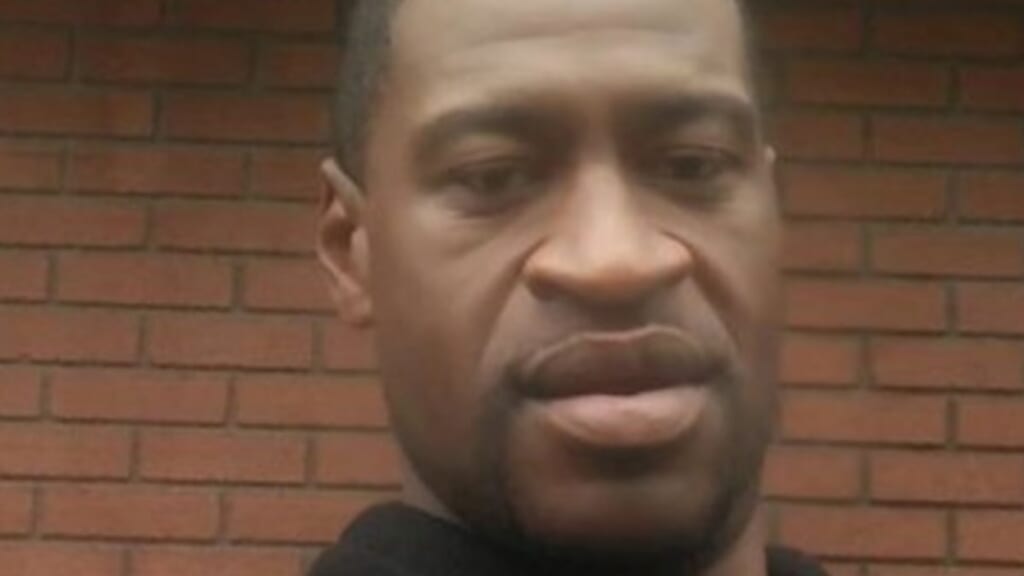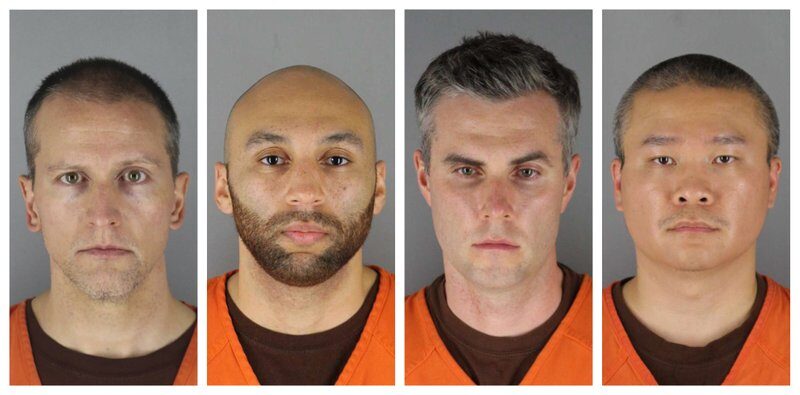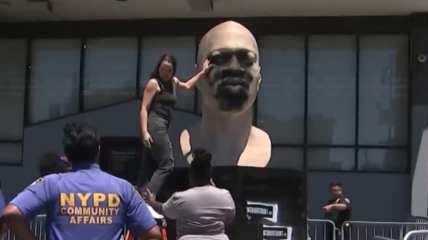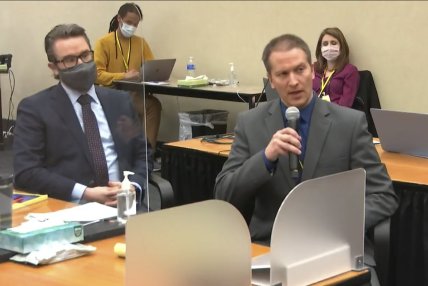Derek Chauvin sentenced to 22.5 years in prison for George Floyd’s murder
Judge Cahill stated that his sentencing of Chauvin was not based on sympathy, emotion or public opinion
Former Minneapolis police officer Derek Chauvin was sentenced to 22.5 years for the murder of George Floyd on Friday afternoon, far below the maximum 40 years that could have been handed down.
Judge Peter Cahill, who oversaw Chauvin’s trial, handed down the sentence at the Hennepin County Government Center in Minneapolis, Minnesota. Chauvin faced up to 40 years in prison for second-degree murder, up to 25 years for third-degree murder and up to 10 years for manslaughter.
Prosecutors argued for 30 years since Chauvin’s actions were so egregious. He will be given credit for 199 days served.
Victim impact statements were given by Floyd’s family, including his daughter Gianna, 7, by video before the sentencing. She spoke of how he used to help brush her teeth.
“I miss you and I love him,” Gianna said of what she’d say to her father if he were still alive.
Chauvin did not register a reaction to her heartfelt words or those offered by George Floyd’s nephew, Brandon Williams, and brothers Philonise and Terrence Floyd.
Chauvin’s mother, Carolyn Pawlenty, gave a statement at the hearing, calling her son a “good man,” her favorite son and denied that he was a racist.
“It’s been difficult for me to hear and read what the media, public and prosecution team believe Derek to be–an aggressive, heartless and uncaring person. I can tell you that is far from the truth,” she said.
Minnesota Assistant Attorney General Matthew Frank also addressed the court at the sentencing.
“This case wasn’t about police officers, all police officers,” he explained. “It wasn’t about policing. This case was about Derek Chauvin disregarding all that training he received and assaulting Mr. Floyd until he suffocated to death.”
Chauvin briefly addressed the court and Floyd’s family before sentencing.
“I want to give my condolences to the Floyd family,” Chauvin said. “There’s going to be some other information in the future that would be of interest and I hope things will give you some peace of mind.”
Judge Cahill denied a defense request for a new trial before the formal sentencing earlier in the day. A hearing for possible jury misconduct was denied as well. Chauvin’s defense attorney, Eric Nelson, had petitioned the court to receive probation or time served.
Chauvin, 45, was found guilty by a jury in April of second-degree murder, third-degree murder, and second-degree manslaughter in Floyd’s death. In May, Cahill issued an order that there were “aggravating factors” in the death of Floyd’s murder because Chauvin abused his position as an officer, children were present at the time, Floyd was treated with “particular cruelty,” and the murder was committed in a group. This paved the way for a longer sentence.
Chauvin pled not guilty to all the offenses and his defense claimed that his use of force against Floyd was justified.

Floyd died on May 25, 2020, in Minneapolis after Chauvin placed his knee on the 46-year-old’s neck for over nine minutes as a crowd watched outside of Cup Foods convenience store. Police had been called after a clerk alleged that Floyd used a fraudulent $20 bill to buy cigarettes.
Bodycam police footage showed now-former police officers J. Alexander Kueng, 27, and Thomas Lane, 38, approaching Floyd, who was in his car. Lane pointed his service weapon at Floyd and demanded he get out. Lane ultimately pulled Floyd out of the car and handcuffed him.
Floyd resisted going into the squad car as Chauvin and Tou Thao, 35, arrived to assist. Chauvin proceeded to place his knee on Floyd’s neck as Kueng held down Floyd’s torso and Lane held his legs.
The bystanders urged Chauvin to release his hold, but he did not yield. Floyd could be heard on now-viral footage taken by then 17-year-old Darnella Frazier pleading for help and declaring “I can’t breathe,” as his face was shoved against the pavement.
However, Chauvin did not lift his knee off Floyd’s neck, even after he lost consciousness.

The Hennepin County Medical Examiner’s Office concluded that Floyd’s death was a homicide and that “cardiopulmonary arrest complicating law enforcement subdual, restraint, and neck compression.” An independent autopsy requested by the family showed that his death was due to “asphyxiation from sustained pressure.”
All of the officers involved were fired for their involvement in Floyd’s death and charged within days.
Chauvin’s trial began on March 29 with opening statements from the state and defense. The prosecution called 38 witnesses and experts, which took 11 days to demonstrate that Chauvin’s actions led to Floyd’s death.
Kueng, Lane, and Thao were charged with aiding and abetting second-degree murder and aiding and abetting second-degree manslaughter connected to Floyd’s death. Each man has pled not guilty and are scheduled to stand trial in August.
Have you subscribed to theGrio’s podcast “Dear Culture”? Download our newest episodes now!
TheGrio is now on Apple TV, Amazon Fire, and Roku. Download theGrio today!


